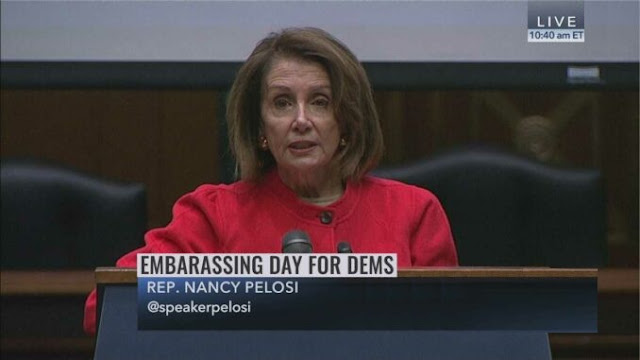Elon Musk Puts Joe Biden On Notice After Taking Over Twitter As Joe’s Tweet On Inflation Gets Flagged By Platform
Right after Tesla CEO Elon Musk took over Twitter, President Joe Biden got a taste of his own medicine. The Dems have been leaning on social media companies over the flow of information but Biden never thought he would be the one on the other end of it.
Biden, or someone on his staff, said: “Let me give you the facts. In 2020, 55 corporations made $40 billion. And they paid zero in federal taxes. My Inflation Reduction Act puts an end to this.”
Enter Twitter: “The Inflation Reduction Act imposed a minimum tax on corporations with average pre-tax earnings greater than $1 billion. Out of the 55 corporations the tweet references, only 14 had earnings greater than $1 billion and would be eligible under Biden’s tax law.”
“Elon buys Twitter and now they’re fact-checking liberals. Finally. I love it,” Army Ranger and former U.S. Senate candidate Sean Parnell (R-PA) joked.
Let me give you the facts.
— President Biden (@POTUS) October 29, 2022
In 2020, 55 corporations made $40 billion. And they paid zero in federal taxes.
My Inflation Reduction Act puts an end to this.
From Reuters:
Some regular corporate income tax credits and deductions are still allowed under the minimum tax, including credits for foreign taxes paid.
The carrying forward of prior-year losses to offset future income is also permitted, but only 80% can be applied to reducing taxable income.
Credits for research and development expenses are also allowed, with 75% of the value applied to reducing corporate minimum tax.
At the urging of Democratic Senator Kyrsten Sinema, lawmakers added a provision to preserve deductions on capital investments such as machinery, vehicles and buildings. The exception would allow companies to more quickly offset these expenses against tax bills.
Under another last-minute change to the legislation urged by Sinema, companies controlled by private equity firms are not subject to the corporate minimum tax if they make less than $1 billion of book income, even if that investment firm’s combined portfolio of companies exceeds the threshold.
Some private equity firms may be able to shift assets among companies in their portfolios so that each earns less than the $1 billion threshold to avoid the minimum tax.
Book income is calculated based on the income companies report to shareholders, and the new tax may give companies an incentive to lower the book income they report, law firm Baker Hostetler said in a recent note.
They pointed to a nonpartisan Congressional Research Service report showing evidence of how past efforts to levy taxes based on book income compelled corporate taxpayers to manage their earnings and adjust book income to reduce taxes.
Here’s a fact, Jack: your “inflation reduction act” won’t reduce inflation, you WEF tool. pic.twitter.com/zaqXR30nTf
— Viva Frei (@thevivafrei) October 29, 2022










